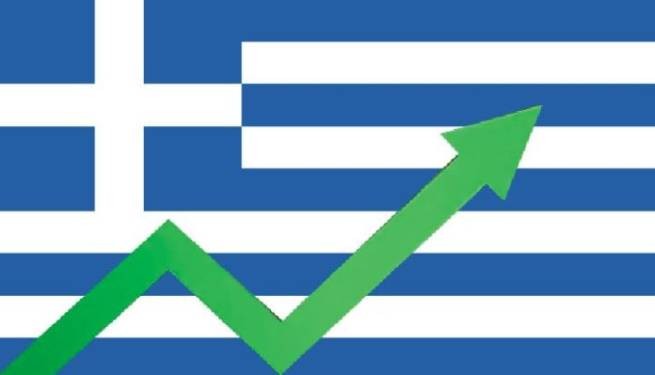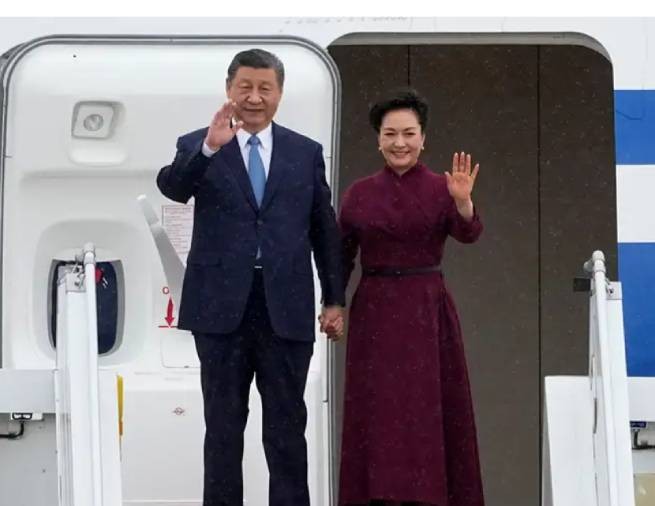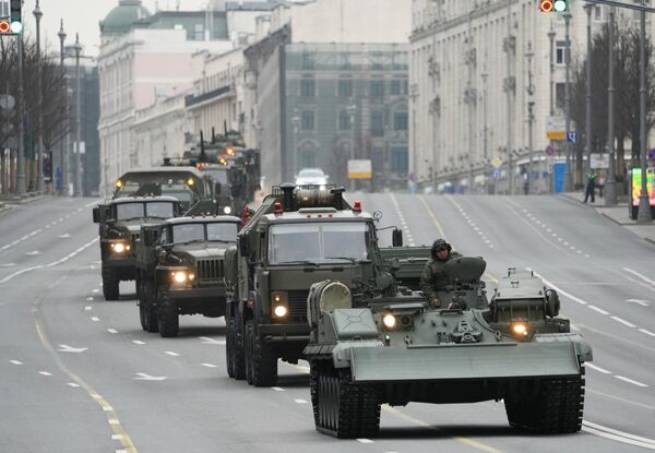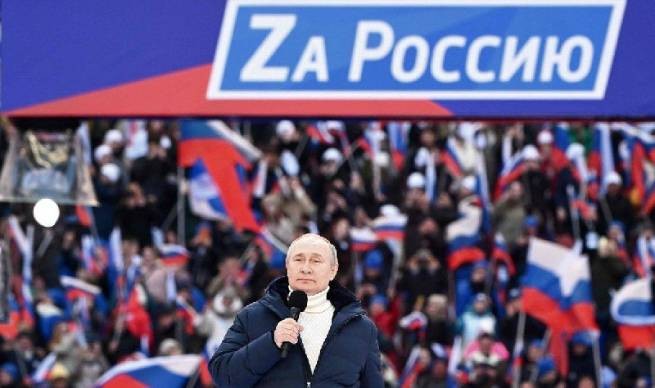The New York Times, citing sources, reported on Saturday, December 23: Putin is making it clear that he is ready for a truce on the front line. More on the purpose of the “signals” and readiness to end the war.
Vladimir Putin, it is said in the article NYT, hints to the West through diplomatic channels about its readiness to negotiate a ceasefire along the front line in Ukraine, while maintaining belligerent rhetoric. American officials and former Russian officials close to the Kremlin told the publication about this. According to them, Putin has been hinting since September about a readiness for a truce that could stop the fighting in the current positions:
“They (Kremlin officials) are saying, ‘We are ready to negotiate a ceasefire.’ They want to stay where they are on the battlefield,” said a senior foreign official who met with Moscow officials in the fall.
“He is ready to stop at his current positions,” one former Russian official confirmed. At the same time, Putin “is not ready to retreat even a meter” from the captured positions.
NYT’s interlocutors say Putin sees the moment as opportune: Ukraine’s counteroffensive has failed and Western support is waning.
The article says that in the fall of 2022, after the defeat of the Russian Federation in the Kharkov region, a similar plan was received from the Kremlin. At that time, US Chief of Staff Mark Milley called on Kyiv for negotiations, arguing that the current level of achievements was the ceiling of “reasonable expectations.” “However, other senior American officials believed that negotiations were premature,” writes the NYT. In addition, Ukrainian President Vladimir Zelensky proposed continuing military operations.
After the failed attempt at a truce, the article says, Putin “embraced his role as commander in chief with an almost messianic determination.” According to sources, in the winter of 2023, the Russian president held two video meetings a day with the military, discussing the situation on the battlefield.
Russian Defense Minister Sergei Shoigu then said that “Putin is determined to continue the fight.” He announced data according to which Russia has an advantage in tanks and combat aircraft, and there are plans to increase military production. Shoigu also claimed that Russia could, if necessary, mobilize up to 25 million people.
The Kremlin, meanwhile, tried to create possible channels for negotiations in order to use them “when the time comes.” For this purpose, the Russian President invited leaders of African countries. And if at the beginning of the Ukrainian offensive Putin was “tense,” then by the end of the summer, when it became clear that the Ukrainian Armed Forces’ attack had been repelled, he began to “radiate stability and confidence,” NYT interlocutors say.
Russian officials “who have known” Putin for a long time told the publication that privately the Russian president “expresses a desire to declare victory and end the war along the current front line.” The Kremlin’s main motivation for ending the war: “Putin strives to ensure that the majority of Russians continue a normal life.” Therefore, “unofficial Russian emissaries discussed with interlocutors (in the West) the contours of a potential deal that Putin would accept.”
At the same time, the publication’s interlocutors dispute the thesis that the Kremlin will continue the war, waiting for Trump’s victory in the United States, quoting the NYT: “Former Russian officials said Putin would prefer to conclude a deal earlier, given the uncertainty inherent in war.”
The publication notes that the current situation (with the war frozen on the front line) in Russia “can easily be presented as a victory, emphasizing the creation of a land corridor to Crimea, an army that coped with the Ukrainian counter-offensive, and the annexation of four Ukrainian regions.” The ideal time for a likely deal for the Kremlin, sources say, is before Russia’s March presidential elections. At the same time, American officials say that Putin, although he says that he is open to a deal, is still waiting for more specific proposals from the West.
One of the stumbling blocks, according to the newspaper, is “Putin’s determination not to allow Ukraine into NATO.” Also, senior US officials “do not believe that any prominent Ukrainian politician could agree at this time to a deal that would leave Russia with so much Ukrainian territory.” The third obstacle is the desire of the US authorities to force Putin to make concessions. In addition, many in the West are skeptical about the ceasefire because they say Moscow will rearm for a future attack.
Dmitry Peskov, the Kremlin’s press secretary, in a comment to The New York Times, said that the theses set out in the article are “conceptually incorrect” and the Russian Federation’s goals in Ukraine remain unchanged.
By according to the American think tank ISW, Putin sends signals through intermediaries about his interest in stopping the war to prevent military assistance and prepare for new aggression. New York Times sources cautioned that these signals may not reflect the Kremlin’s true intentions.
Putin may seek a temporary ceasefire, which will benefit Russia by giving it time to prepare for new aggression against Ukraine, comments ISW, which has previously made similar assessments. At the same time, Putin publicly stated in December that his maximalist goals in Ukraine—“denazification,” “demilitarization,” and the imposition of “neutral status”—remain unchanged, the institute’s experts recall.
ISW, the review said, observed similar attempts by the Kremlin to mislead Western politicians into pressuring Ukraine to negotiate with Russia last winter. Moscow, according to experts, wanted to redirect the West’s attention to hypothetical negotiations – instead of guarantees that Kiev would have enough military equipment before the spring-summer counteroffensive.
Now the Kremlin, according to ISW analysts, is using behind-the-scenes channels to achieve a similar effect amid debate in the West about further military assistance to Ukraine. The report’s authors summarize that Putin is not seriously interested in ending the war except with a complete Russian victory.
Meanwhile, top diplomat of the European Union Josep Borrell claims that Putin has decided to fight until the final victory. He called for more active support for Ukraine due to the fact that the Russian president is not inclined to stop full-scale aggression in the near future, writes The Guardian. The diplomat emphasized that in Ukraine the existence of the European Union is at stake, so attention must be paid to the danger “that comes from a great power” and that threatens European democracy: “Putin decided to continue the war until the final victory. Success [России] depends on bringing as many people as possible onto the battlefield. …And if we don’t change course quickly, if we don’t mobilize all our capabilities, it will allow Putin to win the war in Ukraine.”







More Stories
The Russian Federation has put the Ukrainian president on the wanted list for an unnamed "Article of the Criminal Code"
Ombudsman: all orphans returned by Ukraine end up in families
Deputy Head of the Main Intelligence Directorate: "Such wars can only end with agreements"